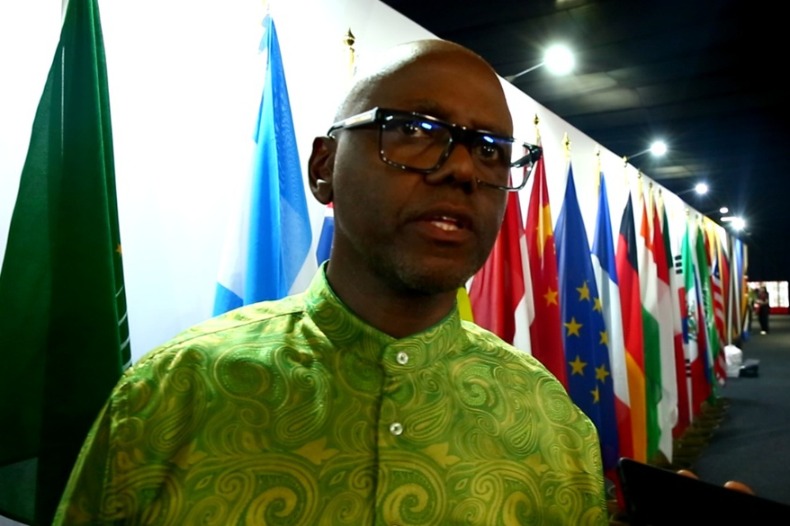Britons 'barred' from COVID-19 tests


Campaigners say people with poor credit histories in Britain are facing difficulties in receiving home testing kits for COVID-19 in England because their identities cannot by confirmed.
The government has contracted credit-checking company TransUnion to check the names and addresses of those who request tests online and to prevent abuse of the testing system.
The campaign group London Assembly wrote to London Mayor Sadiq Khan this week to bring attention to issues that more than 5.8 million people now face in accessing tests, according to a report in the Financial Times.
In his message to the mayor, the chair of the London Assembly health committee, Onkar Sahota, expressed concern that because of social and economic disadvantages many people face difficulties with TransUnion, which the group said verifies identities against databases, such as the electoral roll.
The testing system in the United Kingdom has been overwhelmed as the number of novel coronavirus cases in Britain has surged in the last few weeks.
The government has faced increased scrutiny on testing capacity as children returned to school, and workers were encouraged to return to their offices, although this policy has since been reversed.
According to the Department for Health, the TransUnion verification process reduces fraud and prevents multiple testing kits being ordered.
The Financial Times reported that TransUnion was not able to give further information about criteria used to verify applicants' identities.
The campaigners disagree it is necessary to use a credit checking company and say abuse of the system, or selling test kits for a profit, is not an issue.
Anna Miller, head of campaigns and advocacy officer at Doctors of the World, a healthcare charity, told the newspaper "they're really cutting off access for one group to address a problem that is not an issue at all".
John Chisholm, ethics committee chair with the British Medical Association, the doctors' union, added: "We are extremely concerned that this heavy-handed and onerous system could be preventing people who need tests."
Latest figures showed that there had been a further 7,143 lab-confirmed cases of novel coronavirus in the UK, which is the highest daily figure recorded since the outbreak began, although more tests are being conducted than in the spring.
In Parliament on Wednesday, British Prime Minister Boris Johnson acknowledged "there is now a serious and growing problem with the resurgence of the virus".
He addressed increasing infection numbers amid fears of a second national lockdown, and why localized lockdowns would remain as the strategy for defeating outbreaks.
Leader of the opposition Labour Party Keir Starmer noted that more than 16 million people are now living under lockdown restrictions across the UK, and pointed out that the town of Luton was the only one to have come out of such measures.
Defending the local measures, Johnson said people in Luton had "pulled together to depress the virus" and had followed the rules. "That is the way forward for the whole country," he added. Johnson was later expected to give an update on the second wave of virus cases in a news briefing alongside scientific advisors.
Latest economic figures show the UK suffered a record collapse in the second quarter when COVID-19 lockdown measures meant most businesses were unable to operate.
The Office for National Statistics said gross domestic product, or GDP, shrank by 19.8 percent in the three months to June, though the decline was slightly less than first estimated.
Reuters news agency reported that the fall was the biggest since the ONS records began in 1955. It noted that other data has suggested Britain is on course for its biggest annual fall since the 1920s.
It comes as Britain's leading economic think tank revealed that one in eight older workers has changed their retirement plans as a result of the crisis.
Research by the Institute for Fiscal Studies showed one in 12 are now planning to retire later than they had originally planned as their pensions have plunged in value.
Meanwhile, oil giant Royal Dutch Shell has said it plans to cut around one tenth of its workforce as part of a restructuring driven by low-carbon targets as well as the slump in demand following the pandemic.
It said it plans to cut up to 9,000 jobs worldwide with the intention that it will be fully implemented by the end of 2022. The company had 83,000 employees at the end of 2019. It said the restructuring would lead to annual savings of up to $2.5 billion by 2022.
































